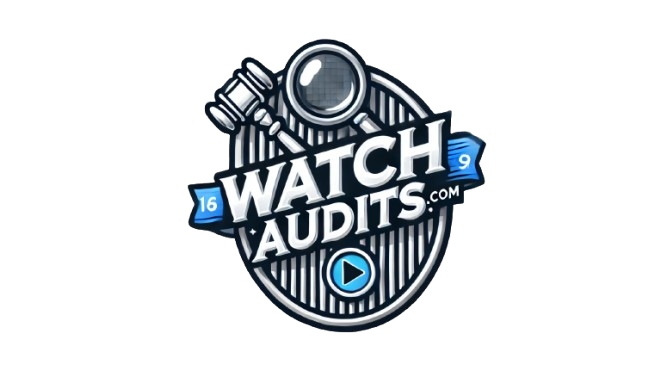@briannamiele
Profile
Registered: 1 month, 3 weeks ago
How you can Put together for an Echocardiogram Appointment
An echocardiogram is a non-invasive test that makes use of ultrasound technology to create images of the heart. Doctors commonly use it to evaluate heart function, check for structural abnormalities, and detect points resembling valve problems or fluid buildup around the heart. In case your doctor has recommended this test, knowing how one can prepare may also help ensure that the process goes smoothly and that you simply really feel comfortable on the day of your appointment.
Understand the Objective of the Test
Step one in making ready for an echocardiogram is understanding why it has been ordered. An echocardiogram will help diagnose various conditions, including heart murmurs, heart failure, valve problems, or congenital irregularities. By clarifying the reason with your physician, you’ll know what specific points of your heart they're evaluating, which may help you are feeling more at ease.
Ask About the Type of Echocardiogram
There are a number of types of echocardiograms, and preparation might differ depending on which one you’re scheduled for:
Transthoracic echocardiogram (TTE): The most common form, performed by putting a transducer in your chest. This test usually requires no particular preparation.
Transesophageal echocardiogram (TEE): The probe is inserted down your esophagus for a closer look on the heart. This test typically requires fasting and sedation.
Stress echocardiogram: Performed while you exercise on a treadmill or bike, or after receiving a medicine that makes your heart work harder. Preparation might embrace wearing comfortable clothing and avoiding certain medications.
Make certain to ask your healthcare provider which type you’ll be having so you can follow the right instructions.
Observe Any Fasting Directions
If you are scheduled for a transesophageal echocardiogram, you will usually need to keep away from consuming or drinking for at the least 6 hours earlier than the test. This helps reduce the risk of problems throughout sedation and ensures the esophagus is clear. For stress echocardiograms, you might be asked not to eat a heavy meal before exercising, but drinking water is commonly allowed. Always confirm the main points with your doctor’s office.
Assessment Your Medication List
Your doctor may want you to adjust certain medicines before the procedure. For example, in case you are having a stress echocardiogram, beta-blockers is perhaps temporarily stopped because they'll have an effect on your heart rate and interfere with results. Alternatively, for most traditional echocardiograms, you'll be able to proceed taking your typical medicines. Convey a full list of your prescriptions, over-the-counter medication, and supplements with you to the appointment in case the healthcare team needs to evaluate them.
Dress Comfortably
For a transthoracic or stress echocardiogram, wear loose, comfortable clothing. It's possible you'll be asked to change right into a hospital gown, especially for transthoracic exams, so clothing that's straightforward to remove is ideal. If you’re scheduled for a stress echocardiogram, wear athletic shoes and train-appropriate clothes since you’ll be walking or running on a treadmill.
Plan for Sedation if Needed
If you're having a transesophageal echocardiogram, sedation will likely be used to keep you relaxed and comfortable. This means you’ll have to arrange for someone to drive you home afterward. It’s a good idea to schedule the remainder of your day lightly, as chances are you'll really feel drowsy for several hours after the test.
Manage Anxiousness Earlier than the Test
Many people really feel nervous earlier than medical procedures, however an echocardiogram is generally safe, painless, and straightforward. In case you’re frightened, ask your doctor or technician to clarify what will occur step by step. Deep breathing, listening to calming music, or bringing a trusted friend or family member for help also can help reduce stress.
What to Expect After the Appointment
After a transthoracic or stress echocardiogram, you can usually return to regular activities right away. For a transesophageal echocardiogram, you could want a short recovery interval and may avoid driving until the sedation fully wears off. Your physician will evaluate the images and either focus on results with you instantly or schedule a observe-up appointment.
Making ready for an echocardiogram is generally about knowing which type of test you’ll undergo and following your physician’s instructions carefully. Whether it’s wearing the suitable clothing, adjusting drugs, or arranging for a ride home, a little preparation can make the experience more comfortable and stress-free. With proper planning, you’ll be ready to concentrate on what matters most: getting the information needed to help your heart health.
If you have any inquiries with regards to where by as well as how to employ Pret ecografie cardiaca, it is possible to e mail us in our site.
Website: https://claude.ai/public/artifacts/e2d5d2d0-5b93-483c-bd19-e87acdc7dabc
Forums
Topics Started: 0
Replies Created: 0
Forum Role: Participant
